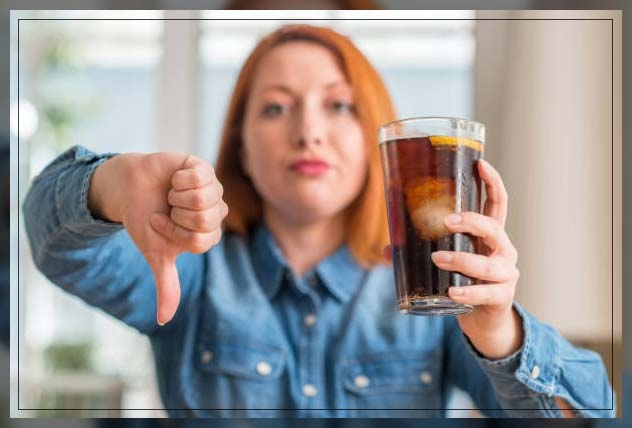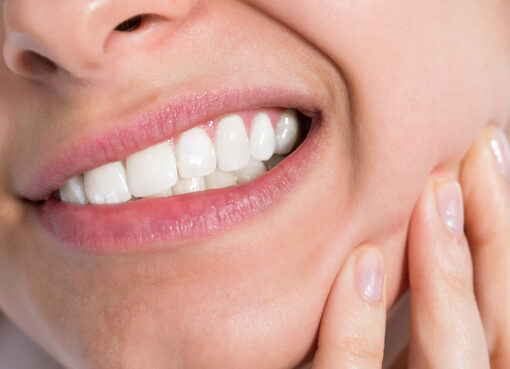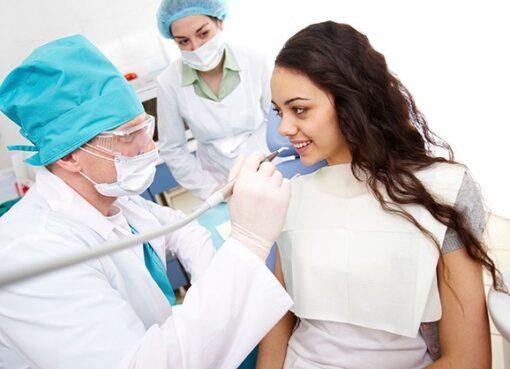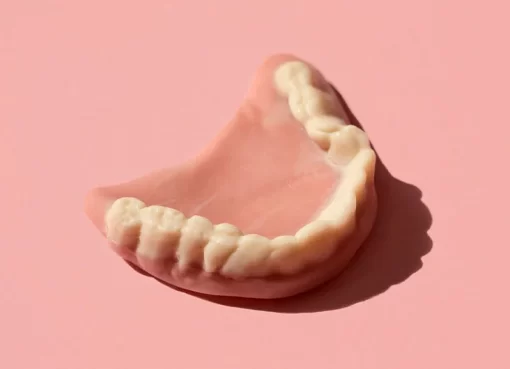We are all aware of things that are unhealthy for us from the beginning. Cancer is caused by smoking. Alcohol consumption may damage one’s liver. And the purest form of evil is sugar. It is not just the primary cause of diabetes but also a known cause of dental degradation.
Therefore, preventing tooth decay is just as essential as protecting our general health. Thus, one of the most commonly asked questions—especially by soda lovers—is whether carbonated water is harmful to our teeth. This article will discuss the detrimental effects of carbonated beverages on teeth and offer helpful tips on how to keep your smile safe. For more information on how carbonated drinks damage your oral health, contact a Fontana dentist.
What are some common misconceptions regarding the detrimental effects of carbonated beverages on our teeth?
There are various types of carbonated water. It might be the colas, syrup-infused beverages, or just plain sparkling water. But the question still stands: Is it dangerous for your teeth, whether you created it at home or purchased it from a store? How bad is soda for our health and oral health? If it can still lead to tooth decay because it still has a lot of sugar in it, what about sparkling water, though? Does drinking sparkling water damage your teeth?
Misconception #1: Carbonated drinks could damage your jawbone.
Wrong. The quality and density of your bones cannot be damaged by carbonated water. And including your jawbone.
A 2006 study found a slight variation in bone density between those who drank carbonated beverages and those who did not. You are, therefore, not in danger if you enjoy sparkling water. Congratulations!
However, the study also demonstrates that, over time, drinking soda or pop may affect the body’s calcium levels. This is because, well, most colas include phosphorus, and phosphorus can cause a substantial decrease in calcium, which is bad news for your teeth.

Misconception #2: Tooth decay can be caused by carbon dioxide
The effects of carbonated water on our teeth and whether it is damaging have been studied for years. The general viewpoint is that carbonation will not harm our teeth. However, it will if the beverage contains more sugar or citric acid.
According to a 2009 study, the components present in most black beverages, when combined, can seriously erode tooth enamel. While sparkling liquids are acceptable without sugar or citric acid, adding either one could adversely affect the condition of teeth.
Misconception #3: Use straws to keep your teeth from being exposed to fluids.
Straw-drinking carbonated drinks is another idea many individuals have. Here, the objective is to minimize the amount of teeth that come into direct contact with the drink.
These are the two main reasons why people drink carbonated beverages through straws. Its efficacy is still being shown, though. Whether you sip it from a can, cup, or straw, part of the sugar and carbonate citric acid will still come into contact with your teeth.
Misconception #4: Brush your teeth immediately as you finish your drink
Brushing right after drinking a fizzy beverage is not the solution, despite what many individuals think. This could result in more harm than profit. Any last traces of sugar and/or citric acid can be removed with a fast gargle and rinse with water. You will feel better hydrated if you drink or rinse with water after using carbonated water. Wait at least an hour before cleaning your teeth if you feel the need to do so after eating.
Do you get a toothache after consuming soda or carbonated water? The acidity of the water may have already caused enamel erosion in your teeth.
Wrapping up!
It is essential to keep your teeth healthy for a variety of reasons. Not only are teeth important to our speaking and eating habits, but they also provide us with self-confidence. Do you notice the effects of fizzy drinks on your teeth and want to avoid them? Then, contact your nearby dentist to have your teeth checked.





